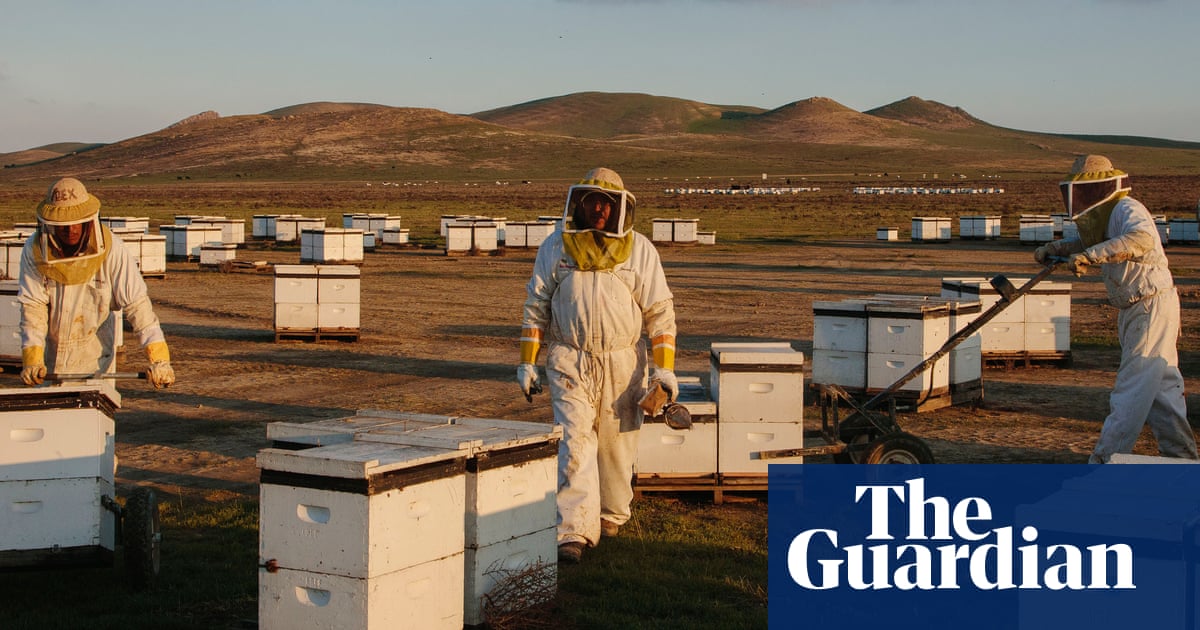Scientists have been scrambling to discover what happened; now the culprits are emerging. A research paper published by the US Department of Agriculture (USDA), though not yet peer-reviewed, has found nearly all colonies had contracted a bee virus spread by parasitic mites that appear to have developed resistance to the main chemicals used to control them.
Varroa mites spreading disease.
Capitalism, fucking up the ecosystems since 18th century
In case anybody was wondering, the honeybee declines in China and Europe are also substantial and worrisome. I haven’t heard about Africa but I think it’s safe to assume when there’s missing data for a global problem that it’s affecting them, too.
Are they just farmed European honeybees or our natives dying off too?
Yes.
Hello, goodbye, t’was nice to know you
How I find myself without you
That I’ll never know - Honeybee
I let myself go
Fits perfectly. Fruit that does not grow does not need to be harvested by non-existing farm workers.
‘Could’ is doing a whole lot of heavy lifting there.
I think it’s accurate. The article points out that Varroa Mites have become resistant to all known chemical pesticides used to control them previously. So if A) Bees develope resistance tot he virus spread by the Mites or B) humans develop new mite control solutions, then there won’t be a death spiral.



